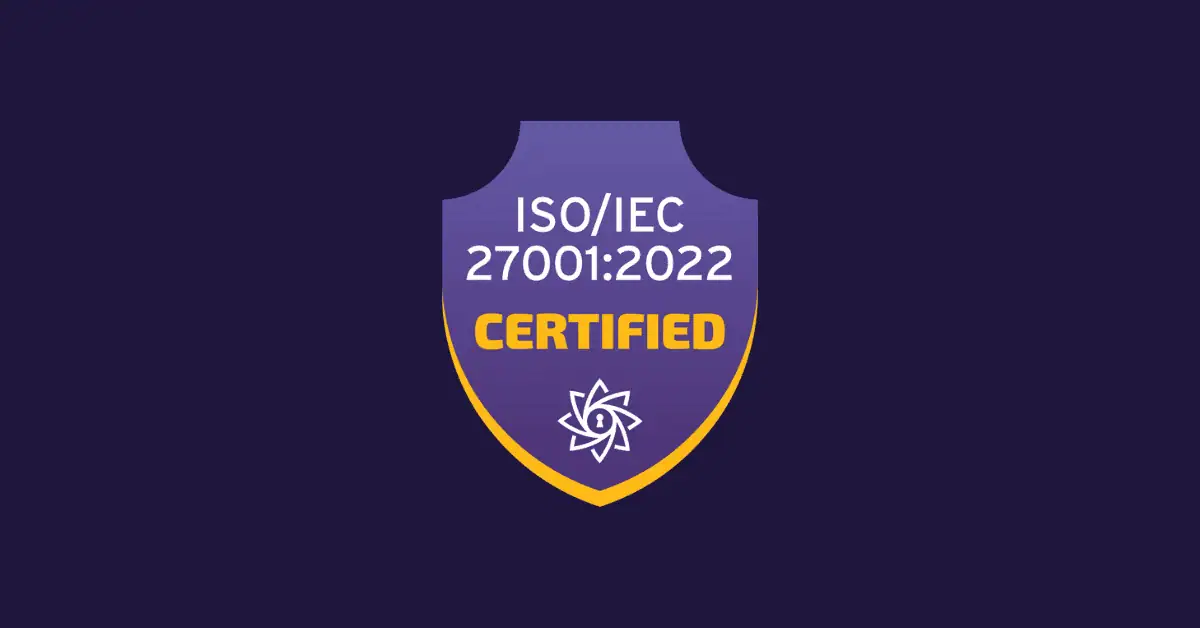- #Jira
Streamline your processes in Jira with the help of external data
Connect Jira to external data sources like a CRM, Active Directory, or a CMDB and improve the quality and amount of data in issues. Elements Connect is the all-in-one connector that enables you plug Jira into your data stack, whether it’s a remote service available by REST API or a local SQL database.
Massive reduction in manual processes
Discover how Elements Connect can help your team
Enrich support tickets with HubSpot data
Connect Jira to your CMDB
Integrate Jira and Azure AD to automatically triage requests
Need to know if your use case is possible?
Query your Jira Cloud REST API to set up a fast asset management solution
Over 3,000 delighted clients in
62 different countries
FAQ
Can I get data from a cloud service that has a REST API?
– No auth
– Basic auth
– API Key, either set through a URL param or a HTTP header
– OAuth2 (client credentials and authorization code grant types)
Read more about configuring REST API datasources on our documentation.
Can I connect to an SQL database like Oracle?
– Microsoft Azure SQL Database
– Microsoft SQL Server
– MySQL
– Oracle Database (Service identification)
– PostgreSQL
Read more about configuring database datasources on our documentation.


